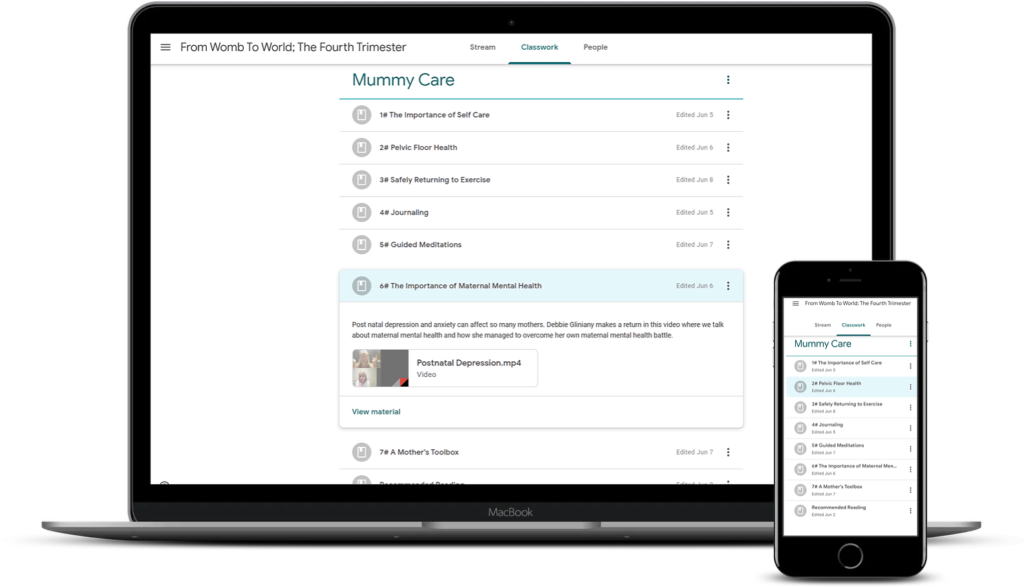As a society we know that exclusively breast feeding babies up to the age of 6 months is in the best interests of babies for health and wellbeing. This is also the case for babies who are showing colicky symptoms too. But what about the options for families who are unable to breast feed or opt to formula feed? There are a lot of specialist formulas for colic but have you heard about goat milk formula?
In a previous article I mentioned formula for colic which you may find helpful.
So what about goat milk based formula? Could this herald the answer for some families who are navigating through colic?
What is goat milk formula?
Goat milk formula is a readily available alternative to standard cow’s milk based formula. It is fully regulated and approved as an infant formula. Some families have begun to recommend it as an alternative to other families who face similar struggles.
The differences between goat milk and cow milk formula
Cow’s milk formulas are generally based on skimmed milk with added whey. The whey is added to make the curds softer. Goat milk naturally has a soft curd and as the whole of the milk is used in the making of the formula (including the milk fat) it does not require the addition of whey.
How could it help a colicky baby?
Whey is a protein that some babies with immature guts may struggle to digest, resulting in an intolerance or sensitivity. This would manifest as bloating, stomach cramps, distress such as crying and irritability and may occur a couple of hours after feeding. Often the symptoms that are labelled ‘colic’. Goat milk formula is being anecdotally recommended by families who have switched their baby to goat milk based formula and seen an improvement in their baby’s colic symptoms.
It is important to understand that goat milk formula still contains casein and lactose (although in lower quantities) and it is not suitable for babies who have been diagnosed with cow’s milk protein allergies.
The science
Although there is not any scientific research published yet to link goat milk and the improvement in colic symptoms, there has been research into the make up of the goat milk, including Park. Y (2007)[1] Taking what we know about the infant gut and how goat milk is more similar to human milk than cow’s milk, it may be easier to digest for a baby with sensitivities.
There is also research to suggest that the gentler processing method of the goat milk formula can be beneficial for babies with sensitivities as it has less vegetable fats added during processing. The vegetable fats have a longer fatty chemical chain which may be difficult for an immature digestive system to absorb as fat digestion is different in a newborn than an adult.[2]
Conclusion
Every baby is an individual, and colic can have many different causes, often as individual as the baby itself.
For formula fed babies who are struggling with gas, stomach complaints and distress which would suggest a sensitivity to cows milk then trying a goat milk formula may be beneficial due to the simplified process, the absence of whey protein and the lower lactose sugars. Although it still does contain the protein casein, which has been suggested to be the more ‘troublesome protein’.
It really is a case of trial and error when it comes to choosing the right formula for your colicky baby. However, goat milk based formula is readily available in supermarkets and chemists and in my opinion it is worth a consideration should your baby be struggling to digest standard cows milk formula.
If you have a colicky baby and looking for specialist advice, I offer colic consultations to discuss and advise on your baby’s colic. Find out more here; https://colicsos.com/colic-services/ or book your free 15 minute call.
[1] https://www.researchgate.net/publication/282342472_Park_YW_2007_Impact_of_goat_milk_and_milk_products_on_human_nutrition_CAB_Reviews_Perspectives_in_Agriculture_Veterinary_Science_Nutrition_and_Natural_Resources_2007_2_No_081_CAB_Online_Journal_ISSN_1














